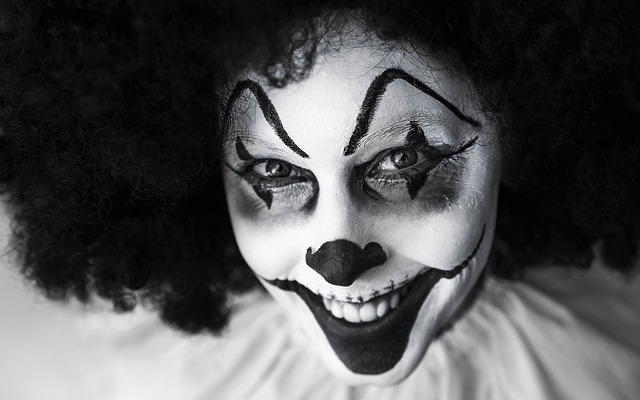Even with the new digital age upon us, we can all agree that traditional reading is still fundamental. In fact, there are so many hip and contemporary literary works out there for children and adults of all ages. However, there is a general consensus that maybe kids should stop being forced to read the classics. No truer is this than in school, where younger students are being introduced to the works of Shakespeare, Thomas Hardy, Jack Wilde, and other literary aficionados and legends.
While the classics will forever have a cornerstone in modern literary collections, are they truly on par with what children are into these days? I mean, why would kids have to be burdened with Hamlet and Macbeth when there are other books that they can relate to and learn from? The classics are must reads – no doubt – but are they not getting repetitive and devoid of new adventures that can truly illuminate young minds?
New and Independent Reading
Industry experts have amassed several top 10 book lists for children and students of all ages. In fact, many of these lists feature Harry Potter, The Lord of the Rings, and yes, even timeless classics like Frankenstein and Dracula. Today’s kids should not be reading only for the sake of reading – they should indulge in these books to strike up meaningful conversations and dialogue. While we all want the next generation to experience the magic of the books we’ve loved for decades – times have changed and so have the parameters and genres for young readers and bookworms.
In a recent Independent book list released in February, the top 25 titles -spanning a myriad of genres and topics – were introduced and specifically complied for younger audiences. The list was not only based on what kids might find entertaining and educational – but also viewed as important. To accentuate the lists, information based on reviews and independent thinking resulted in several reasons why kids should stop being forced to read the classics. These include but are not limited to:
- Classics –while essential – are outdated and simply too repetitive with most results already known.
- Must read books on older BBC lists do not correlate with elementary and middle school student demands for original and captivating stories.
- Most kids are not deriving pleasure from reading humdrum classics – resulting in a lack of self-creativity, ingenuity, and individual thought.
- Classics are no longer illuminating the minds of younger students – especially in the digital and social media age.
- Newer books are brilliant and use language that resonates with kids. These books also talk to the kids about the world they know and are familiar with.
So, it’s time for you to weigh in. Do you agree it is time to relieve these upcoming generations of forced classic literature? Or do you believe the classics are a substantial part of anyone’s life as a reader?
YouTube Channel: Rowan Ellis
Featured image via The Lodi Rampage



